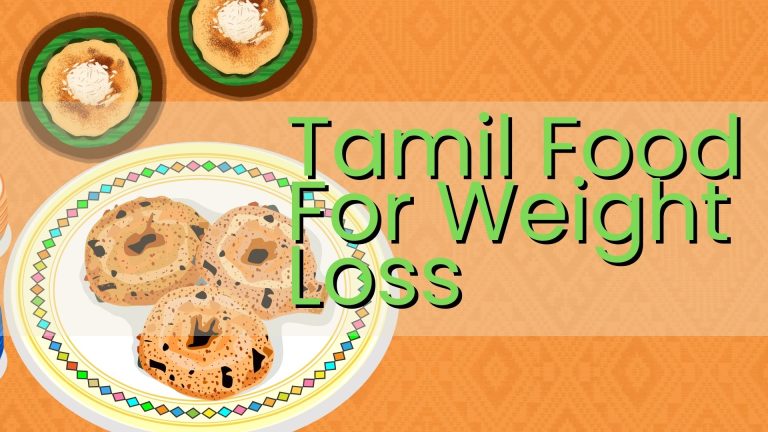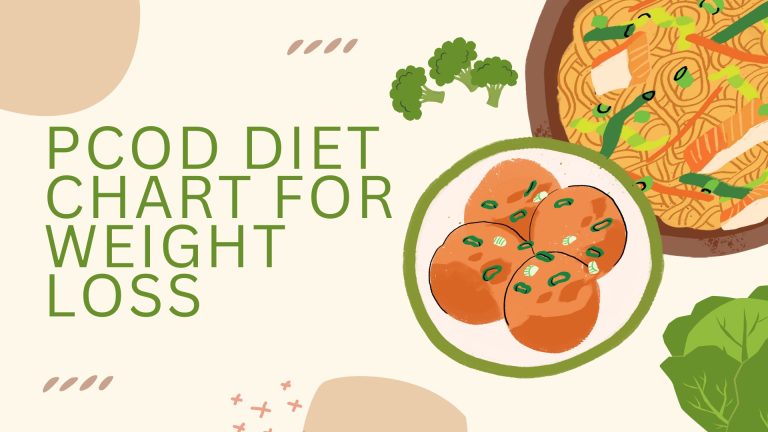Beyond PCOS Weight Gain: Decoding Symptoms, Understanding Connections, and How Qua Nutrition Empowers Your Journey
INTRODUCTION
Women with PCOS (Polycystic Ovary Syndrome) and PCOD (Polycystic Ovary Disorder) experience hormonal imbalances, which can result in symptoms like irregular periods, weight gain, and acne, in addition to rare situations, trouble getting pregnant. Although treating these problems can be difficult and frustrating at times, it is a lot more acceptable with the correct information and assistance.
We at Qua Nutrition are committed to a holistic approach to health, and we’re here to help you get the information and support you need to deal with PCOS and PCOD. We’re committed to empowering you to take charge of your health and well-being, offering everything from individualised diet programmes to lifestyle advice.
Thus, as we go deeper into the area of PCOS and PCOD, whether you’re personally coping with these conditions or you just want to learn more, stay tuned.
Together, we’ll examine useful advice and professional viewpoints to inform and empower you on this crucial subject.
SYMPTOMS OF PCOS
The symptoms of PCOS (Polycystic Ovary Syndrome) can vary from person to person, but commonly include:
- Irregular Menstrual Cycles: Women with PCOS may have protracted menstrual cycles, irregular periods, or infrequent periods
- Excess Androgen: Symptoms including acne, hirsutism, and male-pattern baldness can result from high amounts of androgens, the male hormone
- Weight Gain: PCOS and PCOD often lead to weight gain or difficulty in losing weight, commonly referred to as PCOS weight gain or PCOD weight gain. If you’re experiencing these issues, it’s important to seek guidance from a healthcare professional
- Insulin Resistance: This condition may raise blood sugar levels and raise the chance of type 2 diabetes
It’s important to note that not all women with PCOS will experience all of these symptoms, and the severity of symptoms can vary. If you suspect you have PCOS weight gain, it’s essential to consult with a healthcare professional for an accurate diagnosis and appropriate management.
Connection between PCOS and Obesity
Polycystic ovarian syndrome, or PCOS, and obesity are closely related conditions that frequently affect one another. PCOS can cause the body to have difficulty utilising insulin, which can result in weight gain—a condition known as “PCOS weight gain.” On the other hand, being overweight can impair the body’s reaction to insulin, leading to a vicious cycle where PCOS and obesity coexist. PCOS-related hormonal imbalances can cause weight gain, and being overweight can throw off the hormone balance. Inflammation can have an impact on weight and hormones. It plays a role in both PCOS and obesity. Lifestyle decisions, such as physical exercise, also matter. Obesity and PCOS symptoms can be made worse by unhealthy behaviours. It’s crucial to remember that not everyone who has PCOS is obese, and not everyone who has PCOS is overweight. Choosing a healthy lifestyle can help control weight and PCOS symptoms. Consulting with QUA Nutrition specialists can help to personalise and ease this path for you.
Other Reasons PCOS Can Cause Weight Gain
Apart from the previously mentioned issues, Polycystic Ovary Syndrome (PCOS) can lead to PCOS weight gain for other reasons:
Hormonal imbalances: Hormonal imbalances associated with PCOS can occasionally lead to weight gain. Hormones are essential for controlling fat storage and metabolism.
Metabolic Issue: Your body’s metabolism, which turns food into energy, can be impacted by PCOS. This could lead to a slowed metabolic rate, which would facilitate weight gain.
Poor appetite regulation: A change in appetite can occur in certain PCOS patients, which can result in an increase in food intake and possible weight gain.
Hypothyroidism: It is possible for PCOS and hypothyroidism to coexist, and both conditions may exacerbate issues with weight. Weight management and metabolism may be impacted by hypothyroidism.
Poor sleeping habits: Unusual sleep patterns, one of the symptoms of PCOS, can interfere with the body’s capacity to regulate weight. Hormonal balance and appetite regulation might be impacted by sleep disruption. For healthy living, a minimum 7-8 hours of sleep is recommended.
Stress and Anxiety: Stress associated with PCOS can affect weight gain, especially in the abdominal region. Stress hormones (Cortisol – increases the glucose level in the bloodstream) can affect how fat is stored and how the body is composed overall.
For those who have PCOS, it is essential to understand these elements. Effective weight management in the setting of PCOS requires taking a holistic strategy that includes changing one’s lifestyle and connects with QUA Nutrition’s expert.
Other Symptoms of PCOS
Examining the Diverse Components of PCOS Signs Polycystic ovarian syndrome, or PCOS, is a more complicated condition that involves more than just reproductive issues. Now, let’s explore the facets of PCOS symptoms and comprehend the range of experiences that people may encounter, including the differences between “PCOS weight gain” and “PCOD weight gain.” In order to provide light on the various experiences that people may have, this inquiry seeks to untangle the complex and varied facets of PCOS.
- Irregular Periods: Period irregularities may be caused by PCOS. Rather than being consistent, they could appear out of the blue or perhaps decide to take a hiatus.
- Ovarian Cysts: Imagine your ovaries as small, fluid-filled balloons. Ivy cysts are what these are. Though they can occasionally be uncomfortable, they’re not as frightening as they sound.
- Excess Body Hair: If you have PCOS, you may have more hair on your back, chest, or face. It’s similar like inviting a few more strands than you’d want to the party.
- Acne: PCOS may also result in an increased frequency of pimples. It seems as though your skin is having a minor tantrum.
- Thinning Hair: Conversely, you may observe that the hair on your head is becoming a little thinner. It appears as though a few team members are taking an impromptu vacation.
- Infertility: If you are attempting to conceive and you have PCOS, it may take longer. Some people may find it difficult to become pregnant due to PCOS.
Think of these symptoms as different players on a team. Sometimes, they don’t all show up at once, and each person’s team is a bit unique. If you’re experiencing any of these, chatting with us can help figure out the game plan for your specific team.
HOW QUA NUTRITION CAN HELP

QUA nutrition can be really beneficial when it comes to managing PCOS weight gain. They can provide personalized guidance and support based on your specific needs. Here’s how QUA nutrition can help:
Customized Meal Plans: Meals are carefully chosen by QUA’s nutritionists, who put together a culinary superhero team. Imagine them as champions of flavour, regulating hormones, controlling blood sugar, and promoting weight loss.
Nutrient Guidance: The QUA nutrition experts unveil the secret properties of the nutrients. They introduce you, as nutritional geniuses would, to the wonders of fibre, antioxidants, and good fats.
Lifestyle Modification: Beyond food, QUA’s nutrition magicians provide lifestyle remedies. Are you in need of fitness spells, sleep charms, or elixirs that relieve stress? Consider it done.
Education and support: Not only do QUA’s nutrition sages impart wisdom, but they also offer encouragement. They serve as your nutrition mentors, providing guidance and encouragement along the way.
Conclusion
Treating PCOS weight gain feels like embarking on a difficult journey. As a guiding force, Qua Nutrition offers customized, scientifically supported techniques. Consider it as a carefully planned road map that navigates the complexities of PCOS-specific weight control while taking into account variables like inflammation, insulin resistance, and hormone imbalances.
Recognizing the variety of ways PCOS manifests itself, Qua Nutrition’s customized methods go beyond band-aid solutions. They help people in many phases, from first understanding to ongoing assistance. Qua Nutrition is dedicated to holistic well-being, offering guidance through personalized nutrition treatments as a compass to a happier, balanced life, regardless of one’s position on the PCOS spectrum.









